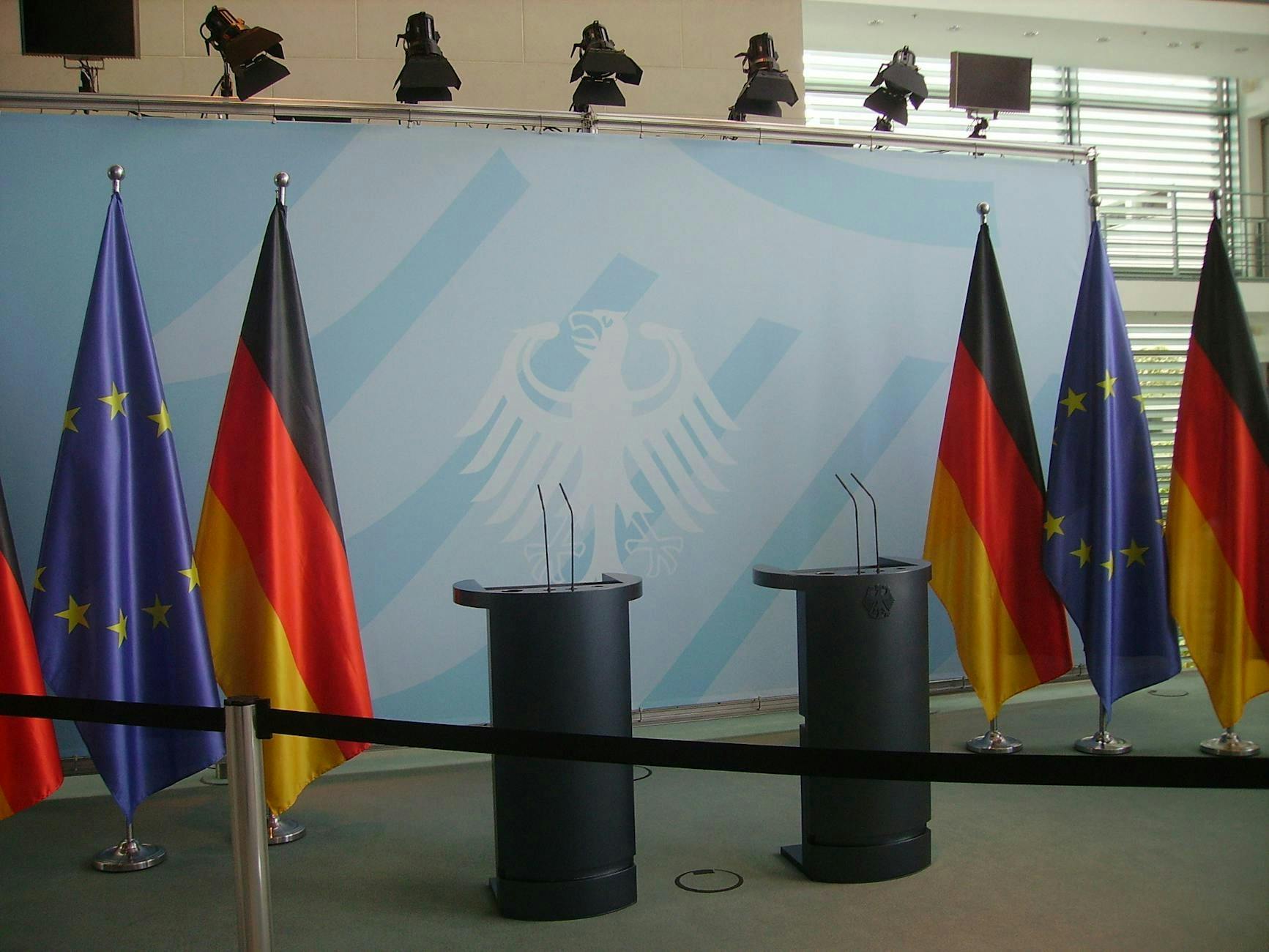Building an app from scratch is quite challenging. It’s a grind—endless coding, debugging, and the relentless fight to get noticed in a world dominated by tech giants. But the hardest part isn’t the coding. It’s the silent suppression, the way platforms like Reddit, YouTube, and even X (Twitter) bury posts from small developers while promoting corporate content.
Reddit, once a bastion of free speech, now buries posts from small developers like me under layers of suppression tactics.
Apps that could discomfort billion-dollar industries, which are free, innovative, and built to compete. But getting it seen? Nearly impossible. You publish whatever kind of innovation in San Francisco or USA, it goes viral no matter how good it is.
You do that from inside Europe, you will be suppressed to the core or if with persistence forced to sell to monopolizers.
Again this level of monopoly and narrative control push small entrepreneur like me to the limit so i decided to look elsewhere in other emerging markets. A big story came up, my research shows that Europe and the western world is living in the middle ages compared to other emerging economies. not only are they totally out of reach cause they have build their own "western world" but they cut access to us, the real western world.
They are using the same strategy we taught them. Is nearly impossible to get an account and participate in their social media. Most of their websites ARE BLOCKED IN EU. Europe cant even get close to them or even their ally USA as Europe do not have any social media of their own but from platforms like Youtube, Facebook, Instagram, X, etc. I am not trying to undermine Europe or the western countries but this should ring the bell strongly to our elected leaders reminding them that they are leading us back to the middle ages.
And that’s just the beginning.
The Irony of the "Western World"
Europe and the Western world pride themselves on being free, open, and democratic. But when it comes to technology, they’re living in the digital Middle Ages.
More than 90% of Europe’s social media traffic goes to U.S. owned platforms like (Google, Meta, X, TikTok). No major European alternatives exist—unlike China (WeChat, Weibo) or India (Jio, ShareChat).
Western platforms actively block access to emerging markets, cutting off billions of potential users.
This isn’t just bad for developers. It’s a threat to Europe’s economic future.
The Numbers Don’t Lie: Europe’s Digital Decline Let’s break it down.
The Social Media Monopoly (Global vs. Europe) Global social media users (2024): ~4.9 billion (78% of the world’s population). Top 5 platforms (by users): Facebook (2.96B) – Mostly U.S.-owned. YouTube (2.5B) – Google (U.S.). WhatsApp (2.4B) – Meta (U.S.). Instagram (2.4B) – Meta (U.S.). TikTok (1.5B) – Chinese-owned but dominant in the West.
But in Europe?
95% of social media traffic goes to U.S. or Chinese platforms. No European "Super App" exists—unlike China’s WeChat or India’s Jio. European startups struggle to compete because local alternatives don’t exist.
The U.S. vs. Europe Tech War
U.S. tech dominance:
5 of the top 10 global tech companies are American. U.S. startups raise 3x more venture capital than European ones. Microsoft alone employs more people in India than the entire EU tech sector. Europe’s tech gap:
Only 0.5% of EU GDP comes from digital services (vs. 6% in the U.S.). No European "Unicorn" companies compare to U.S. giants (Apple, Amazon, Google).
Microsoft just fired 15,000 people, as a consequence of closed economy and outdated policies.
The Great Digital Divide: Emerging Markets vs. Europe
Emerging markets (India, Brazil, Africa, Southeast Asia): Open to innovation—local apps thrive (Jio in India, Telegram in Russia). Governments encourage competition (unlike Europe’s protectionist policies).
Europe:
It is ok to regulate AI and (GDPR, strict content laws) but, No real alternatives to Google, Meta, or X. Economic isolation—European apps struggle to break into global markets. This Feels Like Communism All Over Again
I came from communism. I know what it’s like to live in a controlled, narrative, isolated counter productive economy.
Here, in the "free West," it feels the same.
Big Tech acts like a state-controlled monopoly. Small businesses are crushed under regulation. Innovation is suppressed in favor of corporate giants. We’re cut off from the fastest-growing digital markets.
This isn’t capitalism. This is corporate feudalism.
The Solution? Wake Up Before It’s Too Late.
Europe can’t keep relying on U.S. and Chinese platforms. It needs its own digital infrastructure.
What Europe should consider:
Invest in homegrown alternatives (like USA, with internet revolution, China did with WeChat, India with Jio). Loosen regulation to allow startups to compete. Open access to emerging markets—stop blocking competition. Encourage European platforms like Vimeo or decentralized platforms (like Mastodon, but better).
Why This Matters for Developers Like Me
Without real competition, giants will keep suppressing small innovators. Without open markets, Europe’s economy will keep stagnating. Without change, the West will become irrelevant in the global digital economy. The Choice is Ours We’re at a crossroads. Will Europe wake up, or will it become a digital backwater?
The answer isn’t just about apps. It’s about freedom, innovation, and economic survival.
And for developers like me? It’s time to fight back.


